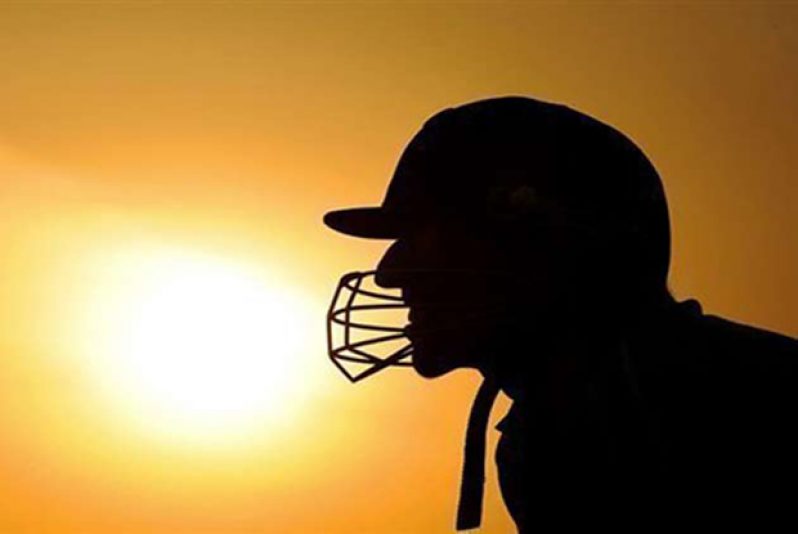THE CARIBBEAN Regional Anti-Doping Organisation (RADO) is based in Barbados and acts as the secretariat for anti-doping issues for Antigua & Barbuda, Aruba, The Bahamas, Barbados, the British Virgin Islands, Cayman Islands, Dominica, St Lucia, St Kitts & Nevis, St Vincent & the Grenadines, Grenada, Guyana, Suriname, Trinidad and Tobago and Turks and Caicos.The Caribbean RADO is a member of the Institute of National Anti-Doping Organisations (NADO) and is supported by the World Anti-Doping Agency (WADA).
“Its main aim is to elicit excellence from athletes by ensuring that all sport is free from doping and is played fairly and as much as athletes are the most critical stakeholders, we collaborate with their support personnel, coaches, sports administrators, national and international federations, parents, doctors and other health professionals, and particularly the youth.”
Hence the Guyana Cricket Board (GCB) joins forces with Caribbean RADO to educate its members, who are in an encampment phase prior to their departure for this month-end’s West Indies Cricket Board/NAGICO Super50 tournament, on the dangers of drugs, usage and presence in the body.
The Caribbean RADO was represented by Dr Karen Pilgrim and Charles Corbin, who took time out from their schedules yesterday morning to host an Anti-Doping seminar with the players at the Guyana National Stadium.
Also present were GCB’s Territorial Development Officer and former Guyana and West Indies fast bowler Colin Stuart, chairman of selectors Rayon Griffith, coach Esaun Crandon, Berbice Cricket Board head coach Julian Moore and manager of the Guyana team Alvin Johnson.
Notable absentees were Shivnarine Chanderpaul and Ramnaresh Sarwan, but those present were informed of the many ways in which a person who uses drugs and compete in sports can be affected.
According to Corbin, the Caribbean RADO found that doping is: “harmful to athletes, the respective sport, fellow athletes who compete clean and those individuals, communities and countries that have stood behind the athlete, supporting and motivating them.”
He said the controlling of doping is conducted for the protection of sports ethics and the health of the cricketer/athlete, while Dr Pilgrim told her audience the list of banned substances is released on January 1 of every year and updated in October of the said year.
Written By Calvin Roberts




.jpg)










